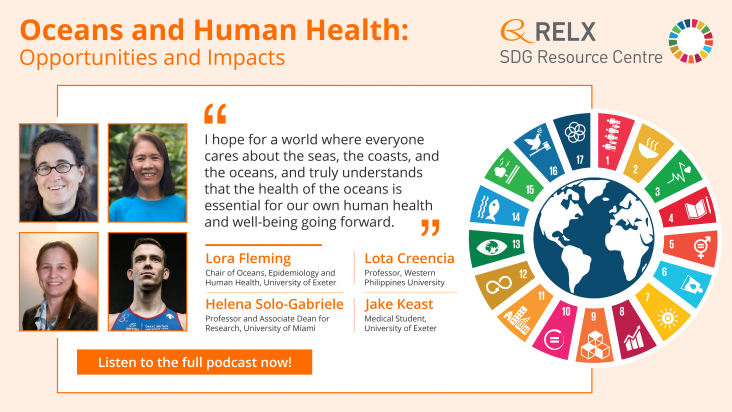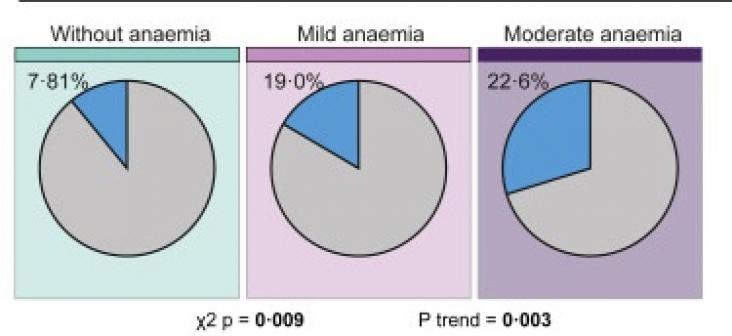Elsevier,
Overcoming Obstacles in Drug Discovery and Development, Surmounting the Insurmountable—Case Studies for Critical Thinking 2023
Racial and ethnic disparities among clinical trial participants is a long-standing issue demanding attention in the research community as advances in precision medicine increase. This exclusion from clinical trial enrollment has tangible consequences, preventing traditionally underserved populations from benefitting from health innovation and cutting-edge technologies. Aggregation of populations into a generalized treatment population lends to the evident healthcare inequities we see today and support SDG3
This News item supports SDG 3 by describing the work of the PAHO Commission on Mental Health and COVID-19, which was created in order to improve mental health care in the Latin America and Caribbean region in light of the mental health crisis resulting from the pandemic. The article describes the 10 recommendations set forth by the Commission, and the opportunities and implications of these recommendations.
This Article supports SDG 3 by evaluating alanine transaminase antiviral treatments for hepatitis B virus infection in China. The authors suggest the optimal treatment coverage for both cost-effectiveness and mortality reduction based on their findings
This Article supports SDG 3 by evaluating shared-care models with hepatitis B virus testing in China, including an analysis of the cost-effectiveness and the impact on quality of life and mortality.
This Review supports SDG 3 by assessing the availablility of data for reporting elimination targets of mother-to-child transmission of HIV, hepatitis B, and syphilis, and reports on progress towards these targets in Pacific Island countries and territories.
This review supports SDG 3 as despite available antiviral therapy, hepatitis C virus (HCV) remains a global health burden and a prophylactic vaccine would help to eliminate the risk to develop chronic liver diseases. This paper uses data to draw a simplified model of virus entry, which highlights gaps in our current knowledge that warrant further research to fully understand this process at the atomic level.

In this episode of the “World We Want” podcast series, the editors of the new book Oceans and Human Health: Opportunities and Impacts talk to Márcia Balisciano about about the fascinating connections between the ocean and human health, spanning from wellbeing and mental health, to medicinal resources, plastics, food and nutrition, and the health risks of polluted oceans.
This is a Personal View discussing socioeconomic risk factors for dementia in women in Latin American Countries, with emphasis on gender roles and expectations that can infleuence the onset and prevalence of dementia
The authors explore automatic and early detection methods for Alzheimer’s disease (AD) using deep learning techniques in order to improve the speed and accessibility of current testing methods. They propose a deep transfer learning model as a new approach for accurately detecting categories of Alzheimer's disease. The research serves SDG 3's aim in highlighing and seeking better treatment for AD, an increasingly serious global public health issue.

Tuberculosis is often reported in people with HIV. In this secondary post-hoc analysis of the A5274 REMEMBER clinical trial, the authors identified that people with HIV and moderate-to-severe anaemia had a higher incidence of TB than those with HIV who did not have anaemia. Addressing two key diseeases listed in SDG 3.3 (HIV and TB), the authors call for close monitoring of people with HIV and anaemia.
